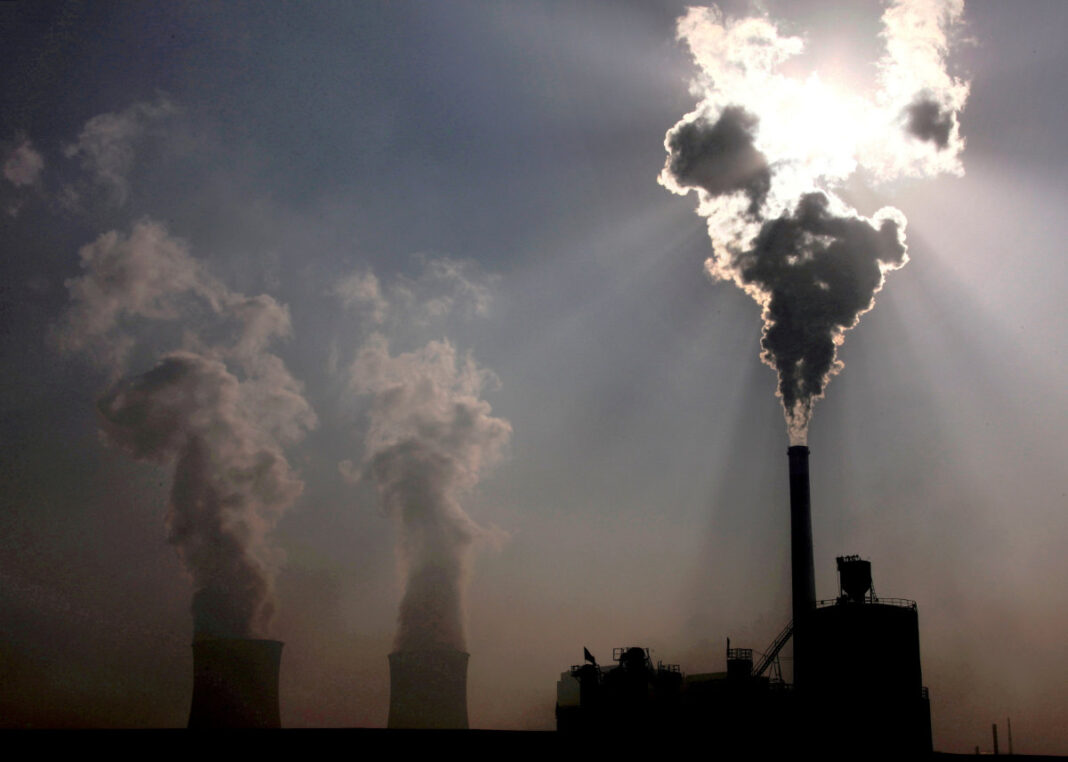SHANGHAI, China: The world will need to shut down nearly 3,000 coal-fired power plants before 2030 if it is to have a chance of keeping temperature rises within 1.5 Celsius, according to research by climate think tank TransitionZero.
In a report published days before the UN COP26 climate change summit in Glasgow, TransitionZero said there are currently more than 2,000 GW of coal-fired power in operation across the world, and that needs to be slashed by nearly half, requiring the closure of nearly one unit per day from now until the end of the decade.
The need to close nearly 1,000 gigawatts of coal-fired capacity would put the onus on China — the world’s biggest source of climate-warming greenhouse gas and owner of around half of the world’s coal-fueled plants — to accelerate its shift toward cleaner electricity.
“The logical conclusion is that half of the effort will need to come from China,” said Matt Gray, TransitionZero analyst and author of the report.
China has reduced the share of coal in its total energy mix from 72.4 percent in 2005 to 56.8 percent last year, but absolute consumption volume has continued to rise. President Xi Jinping vowed earlier this year that China would start to cut coal use, but only after 2025.
Its coal strategy has also come under added scrutiny in recent weeks as regulators try to find the extra volume required to resolve an energy crunch that has forced factories to shut and put winter heating and electricity supply at risk.
Gray said while coal consumption will rise in the short term, the crisis is forcing China to accelerate reform that will eventually help the country reduce its fossil fuel reliance.
A recent policy aimed at forcing operators of coal-fired power generators to sell electricity via the wholesale market will expose them to competition from renewable sources and further underscore their lack of competitiveness, he added.
“I think it is fair to say that keeping the lights on and keeping buildings warm will be the exclusive priority of the Chinese government coming into winter,” he said.
“But our hope is for this crisis to be seen as a wake-up call for being reliant on coal-fired power.”




